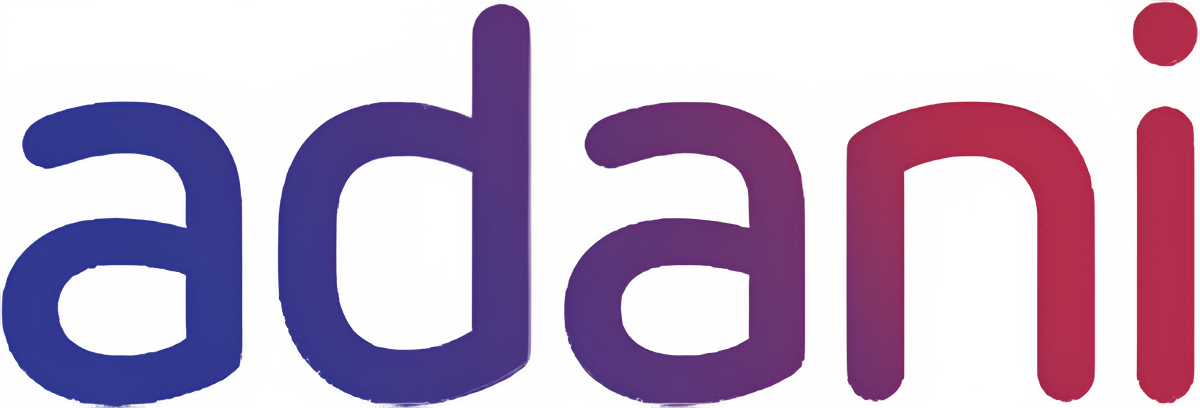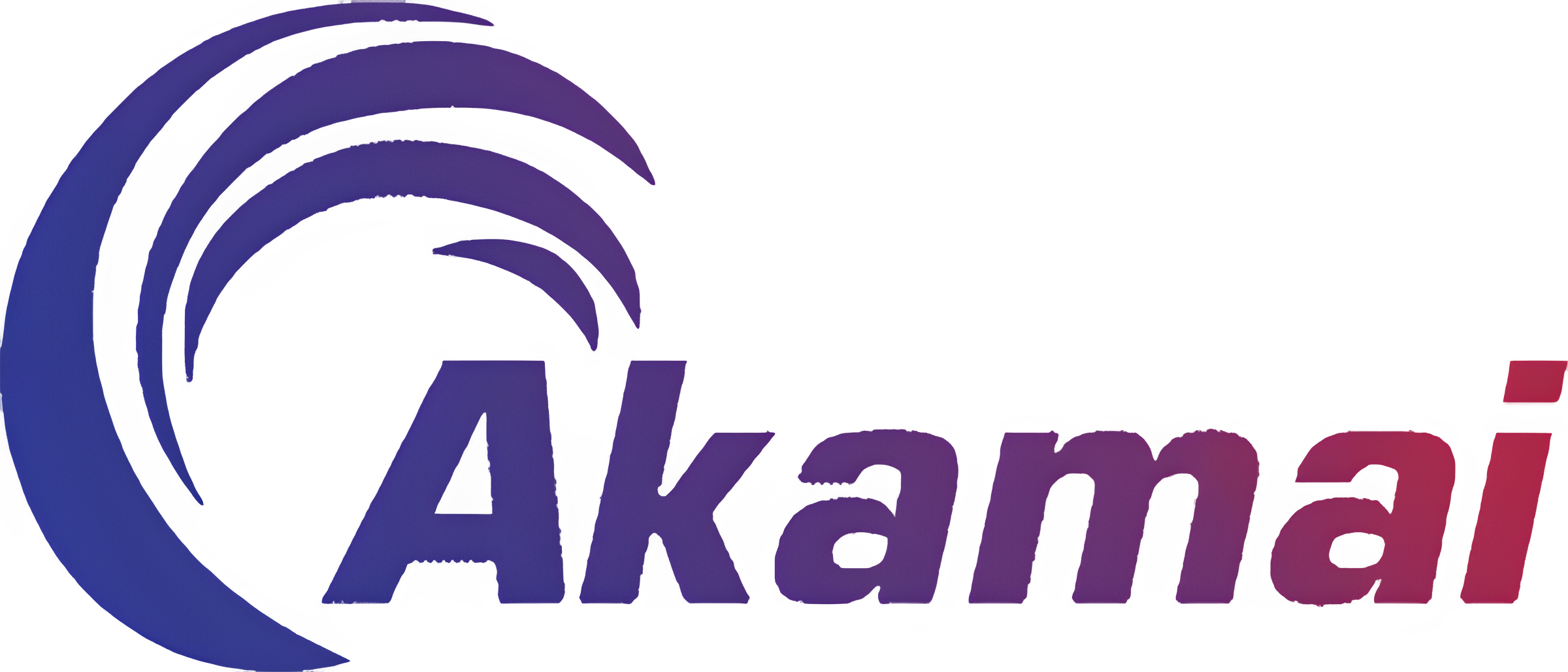Why Hire a Grocery App Development Company in India?
The grocery market in India is undergoing rapid digitization, and success depends on more than a pretty checkout UI — it requires deep operational integrations, locality-aware product design, and long-term technical support. Hiring a specialist grocery app development company in india gives retailers and startups domain expertise that shortens time-to-market while avoiding common pitfalls around inventory, delivery orchestration, and payments. A focused partner brings product research, mobile and backend engineering, and post-launch maintenance together so teams can concentrate on growth rather than firefighting. Dinoustech, for example, delivers end-to-end grocery solutions that combine regional insights with production-grade engineering to help businesses scale across cities and states.
The current demand landscape across India’s top states
Demand for grocery apps is not uniform across the country — it clusters around states and cities where smartphone adoption, delivery density, and urban lifestyles converge. Maharashtra leads with Mumbai and Pune, where time-pressed consumers value fast delivery and scheduled slots. Karnataka, led by Bangalore, shows strong demand from tech-savvy users who expect modern UX and app features like subscriptions and reorder lists. In Tamil Nadu, major cities such as Chennai and Coimbatore demonstrate a preference for local catalogs and vernacular interfaces. Telangana, especially Hyderabad, has a growing appetite for both instant delivery and full-cart grocery marketplaces. Delhi-NCR spans multiple consumers types and often acts as a proving ground for logistics models that later expand to tier-2 towns in Uttar Pradesh and Haryana. West Bengal, with Kolkata as its hub, shows increasing adoption for bundled offers and weekly bulk-buy patterns. Gujarat and Rajasthan present opportunities for catalog optimization and festival-driven spikes, while Kerala emphasizes fresh produce, more precise delivery windows, and high repeat purchase behavior. Punjab’s urban centers favor subscription models for staples, and states like Andhra Pradesh and Odisha are showing rising traction as logistics and payment rails mature. A mobile app development company in India that understands these state-level nuances will localize UX, payment options, and vendor strategies—critical moves for sustainable adoption.
Why local knowledge matters for grocery app success
Local behaviour drives everything from category prioritization to delivery routing. In Maharashtra and Gujarat, customers may prefer packaged and branded SKUs, while in Kerala and West Bengal, fresh produce and local seasonal items often dominate baskets. Cities like Bangalore and Hyderabad expect tech-friendly features such as app-based wallets, one-click repeat orders, and dynamic slot selection. In Chennai and Pune, multi-lingual support and clear tax-inclusive pricing reduce friction. A grocery product that ignores these differences risks poor conversion and high churn. A software development company in India with experience across states can help design a product that adapts catalogs, search synonyms, and onboard flows to regional behaviour, improving conversion and merchant satisfaction.
Core product capabilities your vendor must deliver
A successful grocery app needs robust catalog management, real-time inventory sync, order batching, route-optimized delivery assignment, and simple merchant dashboards. The product must integrate with payment gateways popular in each region — UPI dominance is strong in Delhi and Bangalore, while card-on-delivery and wallet preferences remain relevant in some tier-2 markets. Additionally, localized tax and GST handling is essential for accurate billing across states like Tamil Nadu and Gujarat. Security, PCI-compliant payment flows, and scalable APIs are non-negotiable; partnering with a software maintenance company in India ensures these systems are patched, monitored, and updated as regulatory and platform requirements change.
Operational complexity: logistics, merchants, and last-mile
The visible part of a grocery app is delivery, but the operational complexity behind it is immense. Efficient last-mile depends on dense micro-fulfilment or strong store-partner networks, both of which vary by state. Mumbai and Delhi require high-frequency, short-window deliveries that depend on urban rider density. Cities in Rajasthan and Gujarat may benefit more from scheduled deliveries and consolidated shipments. Kerala and parts of West Bengal require careful handling and packaging for perishable goods. Building route optimization, batching, and rider-assignment logic that adapts to these differences is an engineering challenge that a competent mobile app development company in India addresses through modular delivery engines, simulation-driven planning, and monitoring dashboards for operations teams.
UX and localization: language, flows, and trust
Adoption rises when users feel the app speaks their language — literally and figuratively. Providing vernacular languages for key states such as Marathi for Maharashtra, Kannada for Karnataka, Tamil for Tamil Nadu, Telugu for Telangana and Andhra Pradesh, Bengali for West Bengal, Gujarati for Gujarat, Malayalam for Kerala, and Punjabi for Punjab significantly improves onboarding and conversion. In addition to language, UX should reflect local shopping patterns: weekly bulk-buy templates for Kerala and Gujarat, festival bundles for Rajasthan and Uttar Pradesh, and subscription recommendations for Punjab and Haryana. A grocery app development company in India that invests in UX research across regions will create flows tailored to local shopping rituals and trust-building features like clear return policies and visible delivery partner details.
Monetization and business model variations by state
Monetization strategies must align with local willingness to pay and merchant economics. Urban pockets like Mumbai, Bangalore, and Delhi respond well to subscription models that promise free deliveries and priority slots. In other states, marketplaces often start with commission-based models and scale to advertising and featured listings as merchant participation grows. Seasonal demand in states such as Gujarat and Rajasthan creates opportunities for promoted bundles around festivals, while Kerala’s strong repeat patterns make loyalty programs highly effective. A software development company in india helps architects monetization features that are configurable per region, enabling product teams to experiment without large code rewrites.
Technology stack and scalability for multi-state rollouts
Architecting for scale across India means designing for multi-tenancy, regional catalog variants, and tenant-specific tax rules. Cross-platform mobile frameworks speed initial launches across Android and iOS, but certain features — offline catalogs or camera-based barcode scanning for merchant apps — may require native modules. On the backend, event-driven microservices, robust caching, and idempotent order processing prevent duplication and help handle festival spikes across multiple states. Observability, automated scaling policies, and chaos-testing ensure the app behaves well during high-demand windows common in Maharashtra, Tamil Nadu, and Uttar Pradesh. Choosing an experienced mobile app development company in India that offers full-stack delivery and ongoing maintenance is key to handling these infra and scale requirements.
Security, compliance and regional regulations
India’s regulatory landscape touches payments, data protection, and GST. Implementing PCI-compliant payment flows, secure tokenization for cards and wallets, and correct state-wise GST calculations is not optional. Additionally, permissions for location and data storage must be transparent to users. Different states may have varying enforcement focus on consumer protection and taxation during peak sales seasons, making it essential that your vendor includes compliance as part of the delivery lifecycle. Partnering with a software maintenance company in India ensures you receive regular security audits, dependency updates, and compliance patches so the product remains operational and trustworthy.
Choosing the right grocery app development partner
Selecting a vendor should be driven by domain experience, regional case studies, and a demonstrated ability to operate production systems across states. Ask potential partners for evidence of multi-city rollouts, integration experience with local logistics and payment providers, and SLA-backed maintenance plans. Ensure the vendor can provide product discovery and localization research for priority states such as Maharashtra, Karnataka, Tamil Nadu, Telangana, Delhi-NCR, West Bengal, Gujarat, Kerala, Rajasthan, and Punjab. A partner that offers packaged software maintenance services alongside development will reduce long-term operational risk and allow your internal team to focus on growth.
Why Dinoustech is equipped to build and scale grocery apps across India
Dinoustech combines product strategy, engineering discipline, and regional market knowledge to deliver grocery platforms that work across India’s diverse states. As a grocery app development company in india and a practical software development company in india, Dinoustech builds localized onboarding, vernacular interfaces, robust delivery orchestration, and secure payment flows that match the needs of Mumbai, Bangalore, Chennai, Hyderabad, Kolkata, Ahmedabad, Jaipur, Kochi, Ludhiana, and other key markets. The company also offers comprehensive software maintenance company in India services so apps remain resilient, compliant, and tuned for seasonal demand spikes.
Grocery apps succeed when they respect local habits, simplify operations, and keep the user experience fast and reliable. Hiring a specialist grocery app development company in india that understands state-level nuances — from vernacular preferences to delivery density and festival cycles — is the fastest route to sustainable growth. With the right partner handling architecture, integrations, and long-term maintenance, businesses can focus on merchant outreach, offer design, and customer retention. If you’re planning a multi-state rollout or want to pilot in a high-demand market such as Maharashtra or Karnataka, Dinoustech can help build a localized, scalable grocery product that meets customer expectations and operational realities.

















